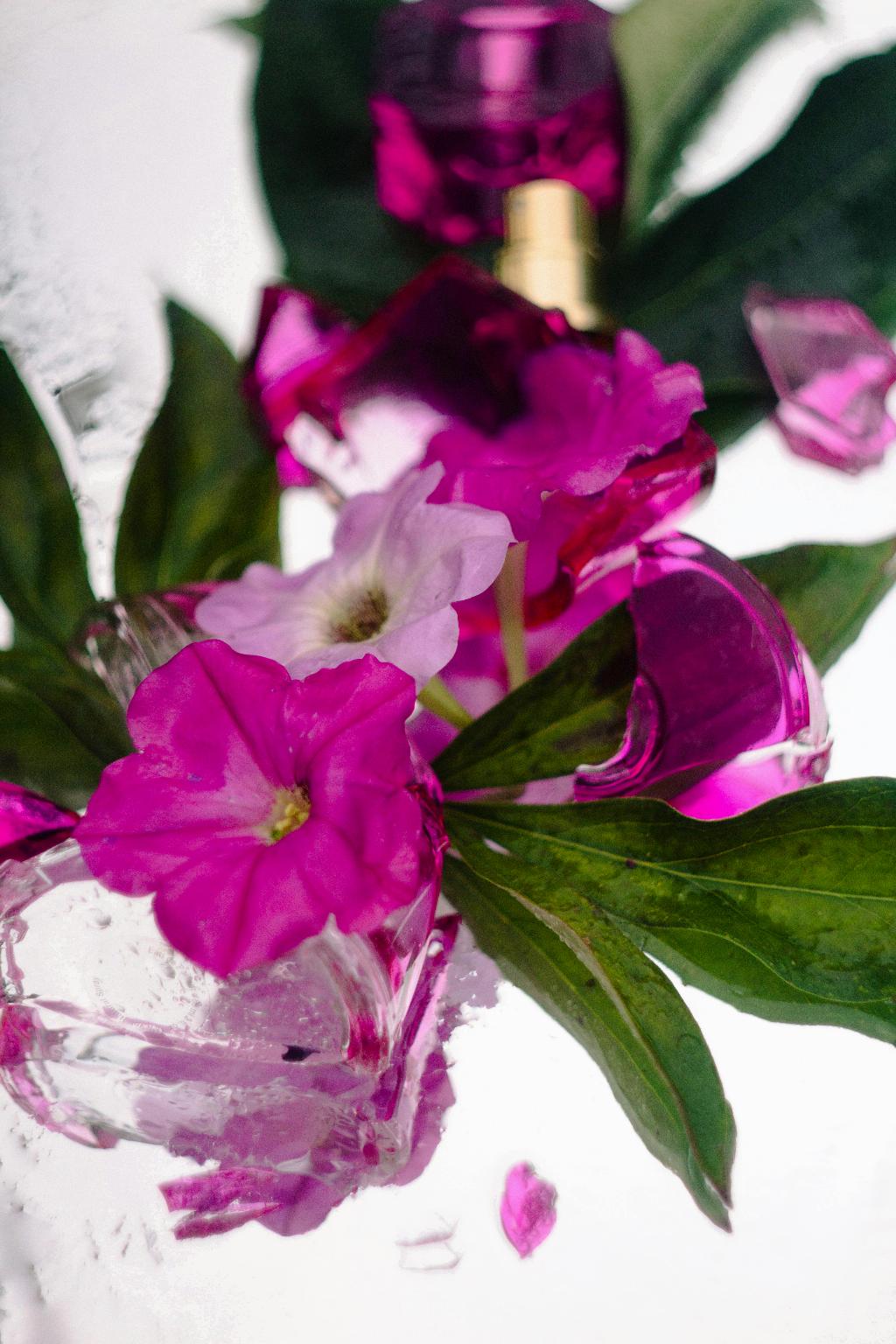So, you’re thinking about growing petunias from seeds indoors? That’s a great idea! Not only is it a rewarding experience to watch these beautiful flowers bloom, but starting petunia seeds indoors can also give them a head start and ensure a longer blooming period in your garden.
When it comes to the perfect timing for starting petunia seeds indoors, the general rule of thumb is to sow them approximately 10 weeks before you plan to transplant them outdoors. This timing is crucial to allow the seeds to germinate, develop into healthy seedlings, and be ready for planting in your garden after the danger of frost has passed.
By starting petunia seeds indoors, you can control the growing environment, provide optimal conditions for germination, and protect the young seedlings from unpredictable weather conditions. This method also allows you to extend the growing season and enjoy vibrant petunia blooms earlier than if you were to sow the seeds directly outdoors.
To kickstart the process, gather your supplies, including seed starting trays, a quality seed starting mix, petunia seeds, and a sunny windowsill or grow lights. Fill the trays with the seed starting mix, sow the seeds according to the packet instructions, and lightly cover them with a thin layer of soil. Keep the soil consistently moist but not waterlogged to promote healthy germination.
Place the seed trays in a warm, bright location, ensuring that the seeds receive ample sunlight or artificial light for at least 12-16 hours a day. As the seedlings emerge and grow, monitor their progress, adjust watering as needed, and transplant them into individual pots once they develop their first true leaves.
As the petunia seedlings continue to grow indoors, provide them with adequate air circulation, maintain a consistent temperature of around 70°F (21°C), and fertilize them with a balanced liquid fertilizer once a week to support healthy growth. Thinning out overcrowded seedlings can also prevent competition for resources and promote stronger plants.
When the outdoor conditions are favorable, typically after the last frost date in your area, begin hardening off the petunia seedlings by gradually exposing them to outdoor conditions such as sunlight, wind, and fluctuating temperatures. This acclimatization process helps the young plants adapt to their new environment and reduces the risk of transplant shock.
Before planting the petunia seedlings in your garden, prepare the soil by amending it with organic matter, ensuring good drainage, and spacing the plants according to their mature size. Gently remove the seedlings from their pots, loosen the roots if pot-bound, and transplant them into the prepared soil at the same depth as they were growing indoors.
Water the newly transplanted petunias thoroughly to settle the soil around the roots, and provide them with regular watering, especially during dry spells, to promote strong root development and abundant flowering. Mulching around the plants can help retain moisture, suppress weeds, and maintain a consistent soil temperature.
Throughout the growing season, continue to care for your petunias by deadheading faded blooms, removing any yellowing or diseased foliage, and fertilizing them periodically with a balanced fertilizer to encourage continuous flowering. Regular maintenance, such as pruning leggy stems and promoting bushier growth, can also enhance the overall appearance of your petunias.
By following these guidelines and starting petunia seeds indoors approximately 10 weeks before the last frost date, you can set yourself up for a successful growing season and enjoy a bountiful display of colorful and fragrant petunia blooms in your garden. So, roll up your sleeves, get your hands dirty, and watch your indoor-sown petunias flourish into a stunning garden centerpiece!

